Telegram founder says ‘under pressure’ by France to silence anti-Western voices
Telegram’s founder, Pavel Durov, says he refused a request by a Western government to “silence” conservative and anti-Western voices in Romania ahead of the country’s elections.
Durov said on Sunday that he was approached by a “Western European government” to influence Romania’s presidential election.
"A Western European government ... approached Telegram, asking us to silence conservative voices in Romania ahead of today's presidential elections. I flatly refused," Durov wrote on Telegram.
Durov implied that the unnamed “Western government” was France, which wanted to use Telegram for pro-Western political purposes.
“Telegram will not restrict the freedoms of Romanian users or block their political channels. You can’t ‘defend democracy’ by destroying democracy. You can’t ‘fight election interference’ by interfering with elections ... You either have freedom of speech and fair elections - or you don’t. And the Romanian people deserve both,” Durov added.
France’s Ministry of Foreign Affairs, however, rejected Durov’s cpmmaents on X and said, “Completely unfounded allegations are circulating on Telegram and Twitter (X) regarding alleged French interference in the Romanian presidential election.”
"France categorically rejects these allegations and calls on everyone to exercise responsibility and respect for Romanian democracy," it continued.
Durov later revealed on Monday that French foreign intelligence chief Nicolas Lerner personally asked him to censor conservatives on his platform ahead of the contentious rerun of Romania’s presidential election.
Durov, who was born in Russia and is based in Dubai, was detained last year in France amid an investigation into alleged crimes related to drug trafficking and fraudulent transactions associated with the app. In March Durov, who denied any wrongdoing, returned to Dubai.
On Sunday, Romanians voted in an election in which a hard-right eurosceptic, George Simion, was set against a centrist and pro-European Union independent, Nicusor Dan.
In the end, Romania’s pro-European Union presidential candidate won the country’s election, and defeated his conservative rival.
The outcome of the contest will have significant implications for both Romania's struggling economy and European Union unity.
This round of election took place nearly six months after the initial ballot was cancelled because of alleged Russian interference in favor of far-right front-runner Calin Georgescu, who was banned from standing again. Moscow has denied the allegations.
VIDEO | 44th Fajr Theater Festival underway in Tehran
VIDEO | Press TV's news headlines
VIDEO | Oil workers' march in support of reform of Venezuela's main oil law
VIDEO | Malaysians hold rally in front of Iranian embassy to condemn US, Israel threats
Israel to partially reopen Rafah border crossing after long closure
FM says Iran open to talks ensuring its legitimate rights and based on mutual respect
Rights groups in Australia call on authorities to arrest Israeli president
FIFA must strip US of 2026 World Cup hosting rights over Trump’s hawkish policies: Analyst


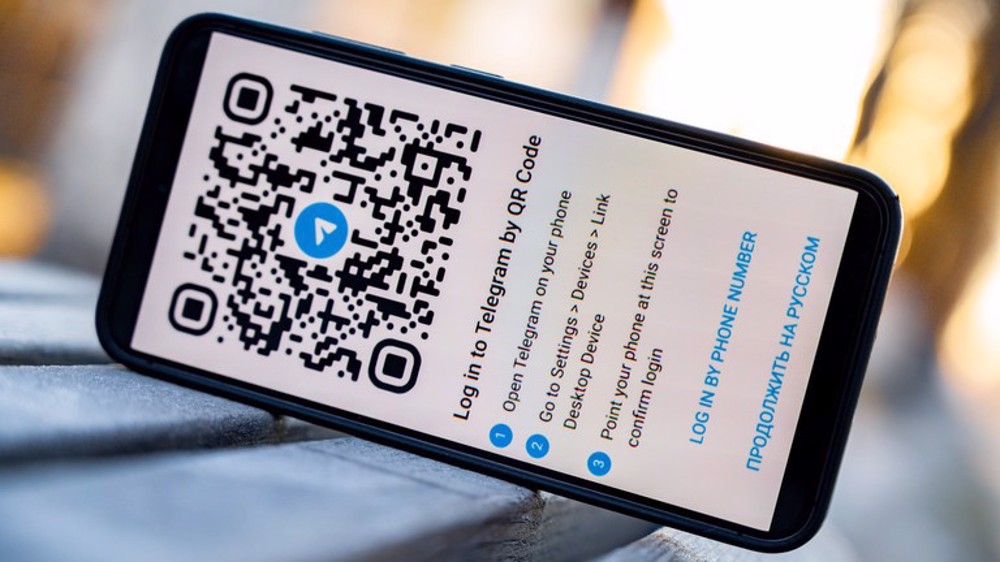
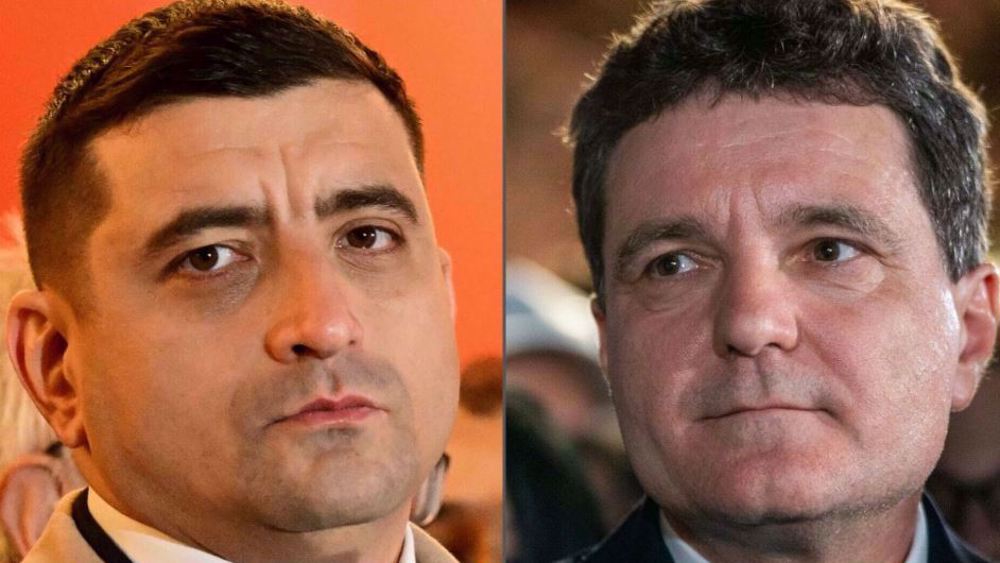
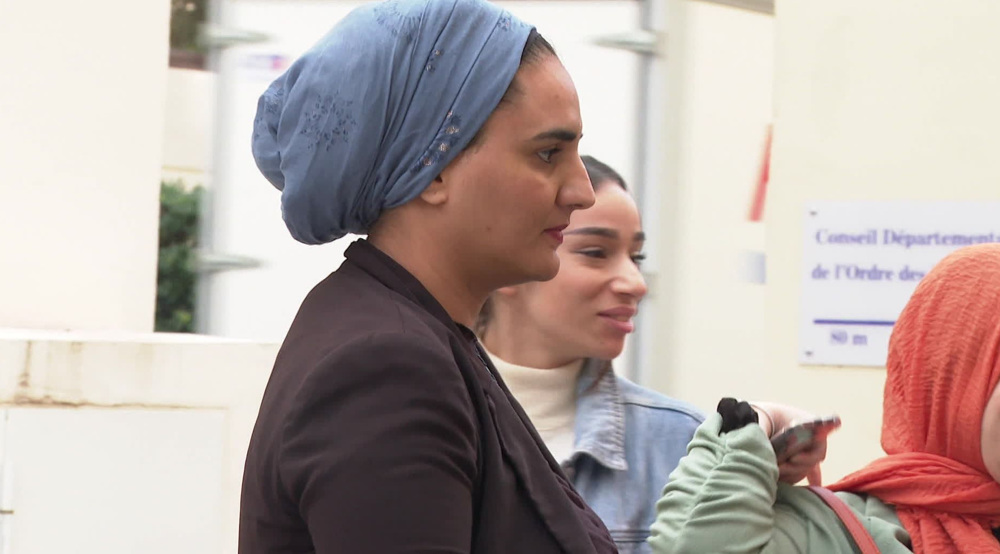
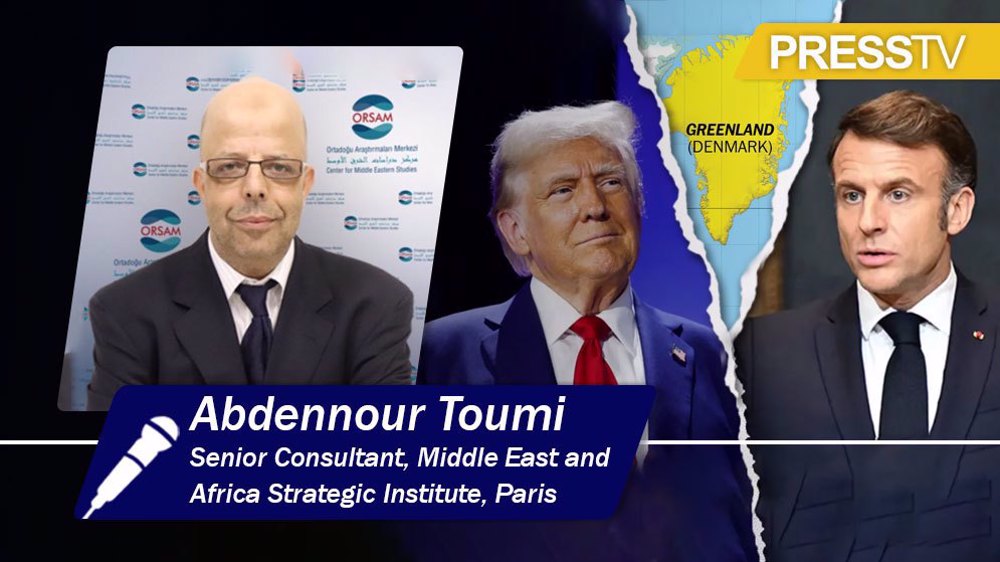
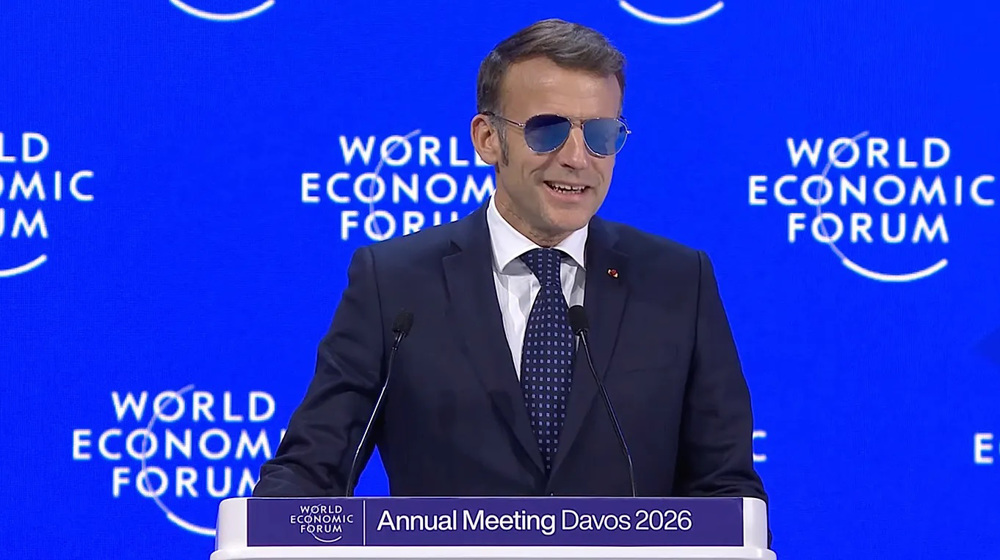




 This makes it easy to access the Press TV website
This makes it easy to access the Press TV website